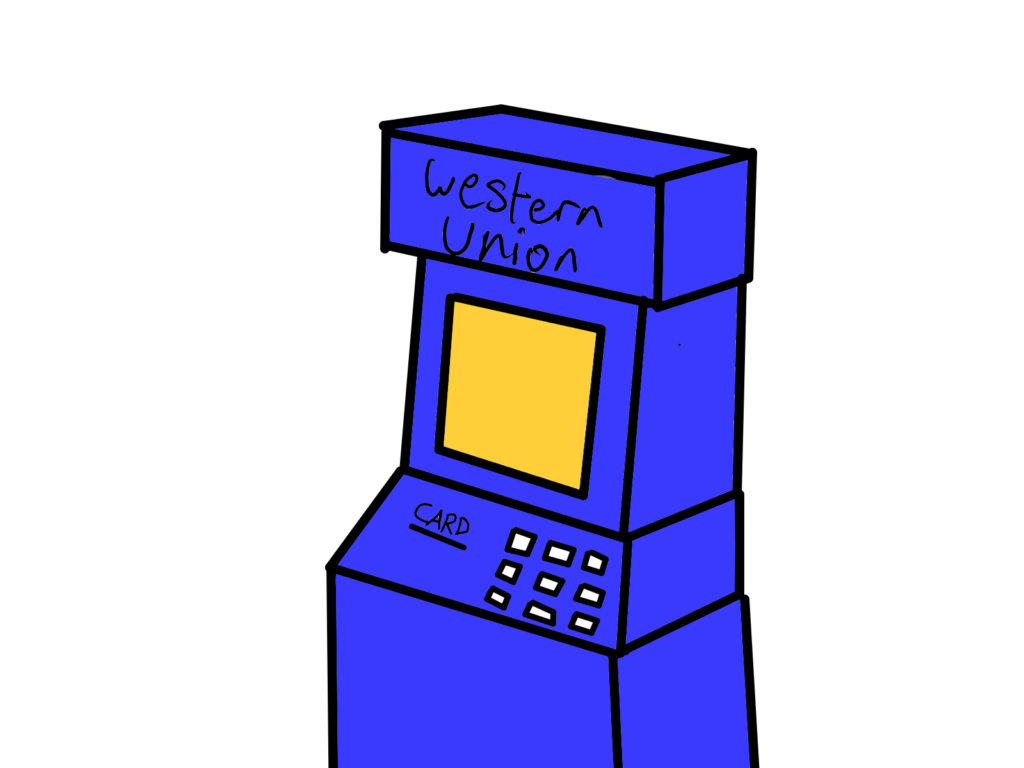Money Transfer with Western Union

By Julian Tan | September 8th 2021
Petite Credit made our first loan disbursement via the kindness of an old friend from Malaysia. Petite Credit exchanged local Laotian Kip with our old friend; a successful banker based in Vientianne and provided him with Malaysia currency, Ringgit Malaysia. Our first loan was disbursed without any intermediate transaction or transfer cost involved. It was completed in the old fashion way, with currency exchange and disbursement to borrower made in person.
As we thought about reducing or eliminating transfer cost to borrower, Petite Credit looked into various ways for money transfer. Our first loan process and disbursement, was not a feasible long-term method of money exchange and transfer. There is no doubt that bank transfers, for most banking institutions cost too much money. It is not cost efficient at all with relation to our loan disbursement transfers, which is up to a threshold amount US$ 500. According to the World Bank, the global average cost of sending US$ 200 was 6.5% of the amount. Although 6.5% seems to be a relatively small amount, we would rather use the collective transactional cost amounts, to provide for loans to borrowers.
We looked at other cross border e-payment options but have not found one which has global reach and with minimum transactional cost. Our search led us to Western Union (WU). WU started 170 years ago, in 1851. WU has presence in almost 200 countries and territories worldwide. It truly has global reach in all corners of the world. Money can be sent in person at WU locations or partner agent locations in person or online. Cash can then be collected in person at WU network locations by providing a 10-digit MTCN (Money Transfer Control Number) identification number.
2nd, 3rd, 4th Loan Disbursements
For Petite Credit’s 2nd, 3rd, and 4th loan disbursements, we used WU. Here is how the whole transaction began and ended with funds provided to borrowers.
On July 4, 2020, I visited the physical Al Fardan Exchange branch in Deira, Dubai. Al Fardan Exchange is a WU agent/partner. As this was my first time ever attempt to use WU for funds transfer, I had many questions. Luckily, a Filipino brother working at the branch took time to explain the money transfer process and signed me up with their mobile app. On that very day, I made a transfer of Emirati Dirhams AED 4,365.47 equivalent to 10,700,000 Laotian Kip. Once the transaction was completed, the 10-digit MCTN number was provided via WhatsApp to our counterparty in Laos for cash collection. Within a very short frame of time, our counterparty visited a WU location in Laos and collected the money by referencing this unique MCTN number. It was quick and easy, and extremely simple process. What a great old but trusted system that works!
The most amazing part of the learning was that the transaction cost was AED 15 (US$ 4), by using the mobile app option. See actual receipt with AED 15 transaction cost, and the wonderful MCTN number.

These days, you read about many online banks or e-payment network providers. Is there one that really works, who can truly help the poor, the unbanked with minimum transactional banking cost? There is a real opportunity here to find a solution, find a way to allow access to capital and funds transfer for the poor without charging them an exorbitant amount. If you had not used the mobile app at WU for funds transfer, some agent/partner branches could charge you up to AED 100 per transfer. For a blue collared low salaried worker, their take-home salary could be between AED 1000 to AED 2000 per month. If they had to pay AED 100 to transfer AED 500 to their families, that is a 20% transfer cost, which seems morally wrong.
Therefore, here is a real opportunity for any social venture startup. Focus on e-banking by creating a regional or global payment network that could benefit the poor by reducing or eliminating banking transactional costs. National, regional, or cross border digital payment service, besides increasing trade and commerce, could really aim to provide banking and financial services to the poor and unbanked. There is obviously much to consider, including national laws and regulations, financial networks, transparency, and global interoperability. Time to disrupt the industry, with speed and decreased cost!
